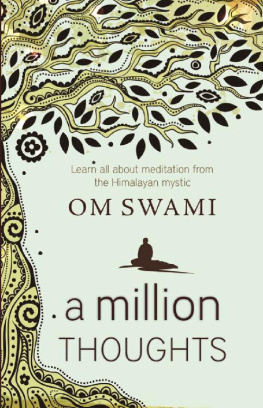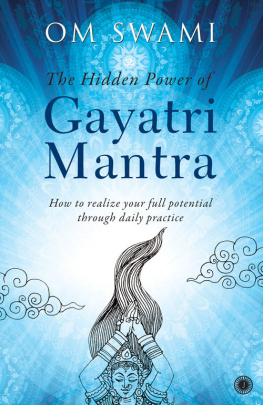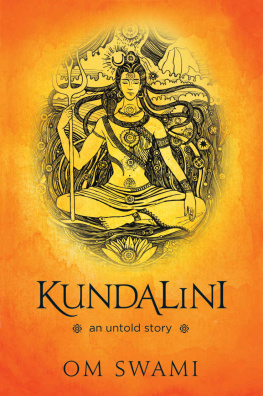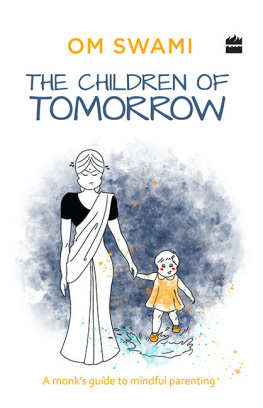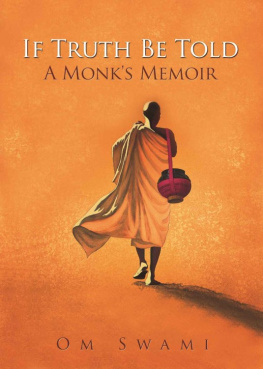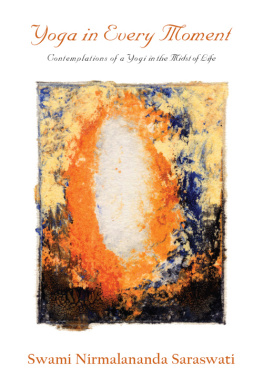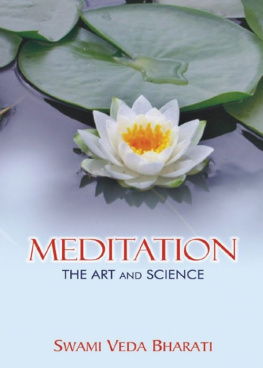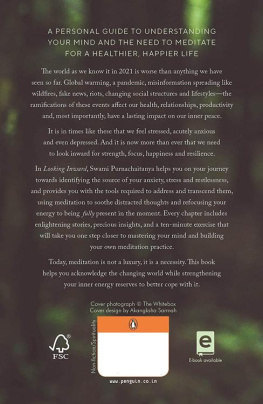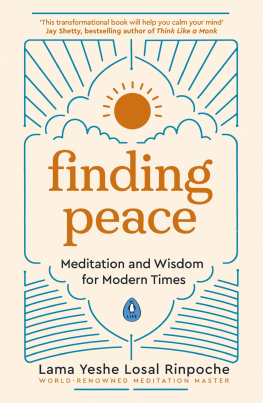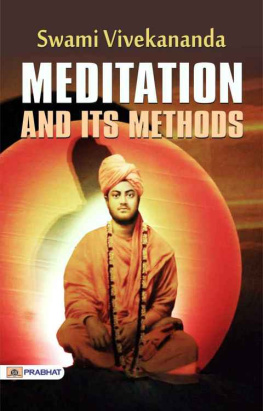
The Zen Menu

Four Forms of Zen Meditation
Four Teachings of Zen Sutra
Four Aspects of Zen
Four Virtues of a Zen Practitioner
Four Principles of Zen

They looked at the calm and radiance on Buddhas face and couldnt help but talk to him.
Are you God? They asked.
No, replied Buddha.
Are you a celestial being?
No.
Who are you then?
I am awake.

S ome folk singers were on their way to perform at a village fair. They were about to cross a river and didnt notice Buddha who lay there emaciated, almost lifeless.
You are always tinkering your veena (lute), one of the bards chastised his companion who was fixing the strings of his lute.Either you make the strings so tight they snap or you make them so loose that they are out of tune. Only if you leave them the way they are supposed to be, will you be able to produce melodious music.
These words fell upon Buddhas ears. He had what we call Satori in Zen, an instant realization; his first flash of awakening. He understood and said to himself, I have been too hard on myself. While in my fathers palace I lived a life of luxury, an almost debauched life, and now I have gone to the other extreme of depriving my body and mind of even basic nutrition and care.
This was not the way to progress on the path to awakening, he realized. That while life might be full of suffering, it had to be lived with grace and gratitude.
Living a graceful life that has meaning and happiness is an art anyone can master. Essentially, that is what Zen is about: a state free of conditioning so that the mind can rest and rejoice, so it may go with the flow of life without the anxiety to always get somewhere. Life is here. Now. Though it is easier said than done, it is possible.
This is awakening in a nutshell: to have a graceful response to everything life throws at you without losing your sense of serenity and inner calm.
Life and our emotions neednt be as serious an affair as we have made it out to be. To be enlightened is to take things lightly (though not for granted), to laugh away the whims and irritabilities of life. We tend to take ourselves too seriously, making that the root cause of most of our agony.
When our mind that is full of conditioning starts to empty itself by way of mindfulness and a natural awareness, a sort of calm rises to the brim of our consciousness. What if we could do away with our conditioning and have a mind that would not be so quick to judge everything around us? While our ability to make quick judgements has an evolutionary basis and allows our mind to do more by going back to the patterns it knows, this ability is also the cause of most of our emotional and mental suffering. Whenever something doesnt fit in our conceptual reference, we struggle to cope with it.
Unlike other forms of meditation where you go through rigorous practices to tame your mind, in Zen, I dont have to go anywhere. Everything I need to be happy is here. I dont have to concentrate or build my concentration. Not all meditation means sitting down in one rigid posture. Walking, eating, doing the dishes, everything we do in life can be done in a manner that it turns into meditation. The way a child lives merrily, or at least freely, from one moment to another, a Zen practitioner aims to be mindful of the natural flow of life, the nature of things.
When Buddha, the first practitioner of Zen, practised intense meditation for six years, he went through a number of experiences and he dabbled in many systems of spirituality under various teachers. He also tried the path of complete self-abnegation, where he would not even eat for days at a stretch, surviving only on his own body residues. But then, one day, when the words of the folk singer fell on his ears, he realized that this was not the way to progress.
From then on, Buddha decided that he would feed himself well. Being kind to ourselves as well as travelling on a spiritual path can go hand-in-hand. For the next few months, he started eating proper meals. His body, which had become little more than a skeleton, started to regain its energy, sinews and even a bit of flesh.
Then one day, tired of not making significant progress, Buddha sat under the Bodhi Tree and made a promise to himself: I am not getting up till I am Awakened.
After he gained the realization he was seeking, he got up. Even though I have used the word gained, enlightenment is not something you gain or attain, it is something you become. A common misconception is that when Buddha attained enlightenment, something changed in his body or he was overcome by a miracle, or he suddenly became somebody from the other world. That there were rainbows in the sky and flower petals fell on him. I doubt any of that really happened. In fact, I am convinced that nothing as fantastical as that occurred. Instead, something infinitely more powerful and useful happened: Buddha got up with a new perspective. A fresh perspective on life; a different take on how he ought to lead his life and how he ought to help others in the process.
When he was walking this is a famous story I have told many a time he was stopped by two wandering sadhus. They asked him, Who are you? We see this extraordinary radiance on your face and we feel drawn towards you. Your energy is irresistible. Who are you? Are you God?
And Buddha said, No, I am not God. There is no God.
Well, are you some celestial being then?
No.
You must be a Gandharva (a heavenly being) then. Look at your graceful limbs, and look at your gait.
No, I am not a Gandharva.
Well, are you a saint?
No, I am not a saint either.
This cant be right, they contended. There is great difference between you and us. There must be some explanation. Look at you and look at us. We look like man gos sucked dry and thrown by the side of the road, whereas you look so attractive, so beautiful. Your inner beauty is shining through its exuding from you.
I never said that there is no difference between you and me, Buddha spoke calmly like a murmuring river, There is a tiny difference. You are sleeping and I am awake. You sleep through your whole lives, and I am aware of each passing moment.
With that, Buddha walked away. And legend has it that they joined the sangha and became his disciples. Buddha asked them to shave their heads and don ochre. The word Buddha in Sanskrit means jagrita , awake. This book, however, beyond the first few chapters, is not about Buddha or his story. Instead, it is about you, me and our story. The story of our life; the story of our mind. Walk with me.
Shakyamuni Buddha always carried his begging bowl and wore his robe. A lot of people think, Why didnt he just sit back and enjoy? Enlightenment isnt something you have; its something you are, something you do.

B uddha was so charismatic and graceful that wherever he went to spread his message (which was mostly only in certain areas of north India), people would want to follow him. They realized that to be like him, they would have to follow him, his ways, his mannerisms, his mind and his gestures.
One day, as he walked, soon after his transformational experience under the Bodhi Tree, Buddha came to a river where some children were playing. One of those children was a young girl named Nandabala. She saw Buddha and instantly realized that he was not an ordinary monk. Here was someone unique. She ran up to him and offered what she had with her: a little tangerine.
Next page

